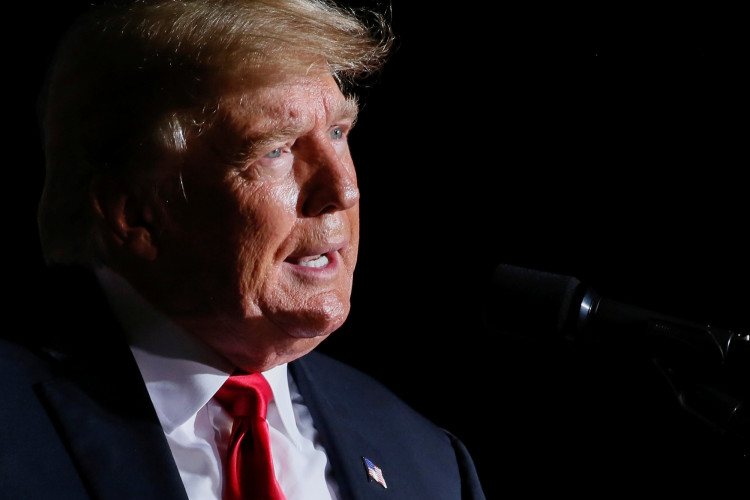Federal Judge Aileen Cannon rejected special counsel Jack Smith's request for a gag order against Donald Trump in the classified documents case, citing a lack of meaningful communication between prosecutors and Trump's defense team. The decision underscores ongoing procedural challenges in the high-profile case as it inches toward trial.
In a brief but pointed order on Tuesday, Cannon criticized prosecutors for not adhering to the court's rules, specifically for failing to adequately confer with Trump's defense attorneys before filing the gag order request. "Because the filing of the Special Counsel's Motion did not adhere to these basic requirements, it is due to be denied without prejudice," Cannon wrote, emphasizing that "meaningful conferral is not a perfunctory exercise."
This marks the latest procedural skirmish in the case involving the former president, who is accused of mishandling classified documents. Prosecutors had sought the gag order following a series of inflammatory statements by Trump, including claims that FBI agents conducting a search at his Mar-a-Lago resort were authorized to use deadly force against him. Trump's campaign recently sent fundraising emails suggesting that he "nearly escaped death" during the search, a narrative that prosecutors argue is misleading and dangerous.
Trump's legal team responded vehemently to the gag order request, labeling it an "extraordinary, unprecedented, and unconstitutional censorship application." They accused the prosecutors of acting as "self-appointed Thought Police" and attempting to restrict Trump's freedom of speech as he campaigns for the presidency.
Despite rejecting the gag order request, Cannon did not rule out future consideration, provided that prosecutors engage more thoroughly with Trump's defense team. She noted that the special counsel's urgency in filing the motion lacked justification, as it was submitted on a non-emergency basis late on the Friday before Memorial Day weekend, limiting the defense's response time.
The judge also took issue with how prosecutors characterized the defense's stance on the proposed gag order, suggesting they had relegated Trump's response to "editorialized footnotes" rather than presenting it objectively. Cannon directed both parties to provide more detailed and neutral accounts of their attempts to resolve disputes in the future.
This ruling is the latest in a series of contentious interactions between Cannon and Smith's team. The judge previously rebuked prosecutors for not following court protocols, and her willingness to entertain some of Trump's arguments has led to a strained relationship with the prosecution. At a recent hearing, Cannon urged prosecutor David Harbach to "just calm down" amidst heated arguments over claims of prosecutorial misconduct.
The backdrop to this procedural wrangling includes the broader context of Trump's ongoing legal and political battles. His assertions about the FBI's search at Mar-a-Lago have been widely discredited. Current and former FBI officials have clarified that the policy on the use of deadly force, cited by Trump, is standard and intended to limit force rather than authorize it. The operation was coordinated with the Secret Service and scheduled when Trump was out of town, further undermining his claims.






